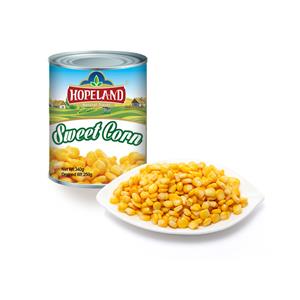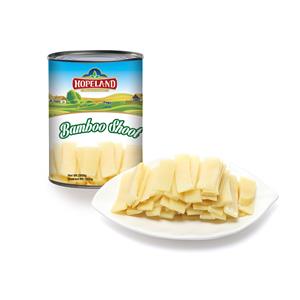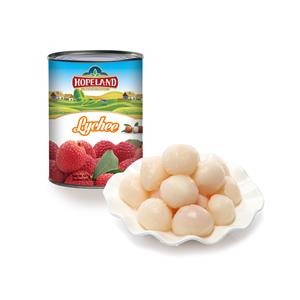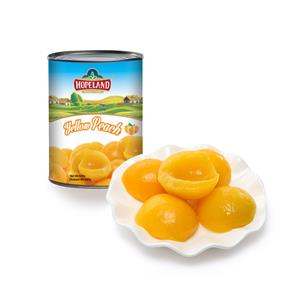How to Choose the Best Fruit Washing Machine?
In today’s industrial food processing industry, cleanliness is not just a matter of good practice – it is an essential component for maintaining food safety, quality, and efficiency. While in our daily routines we may simply rinse fruits and vegetables under running water before eating, the requirements for industrial-scale cleaning are much more complex. When processing fruits and vegetables for mass consumption, companies must ensure that every piece of produce is thoroughly cleaned to remove soil, debris, pesticide residues, and microorganisms. This is where specialized fruit and vegetable washing machines come into play. But how do you choose the right one? Let’s dive into the key factors that need careful consideration before investing in a fruit washing machine for your production line.
Understand the Requirements of Your Fruits and Vegetables
Before you even begin comparing different machines, the first step is to clearly define your needs. Not all fruits and vegetables are the same; their shapes, textures, and levels of delicacy differ widely, which affects how they should be cleaned. For instance, washing a batch of apples requires a different approach than washing delicate strawberries or leafy greens.
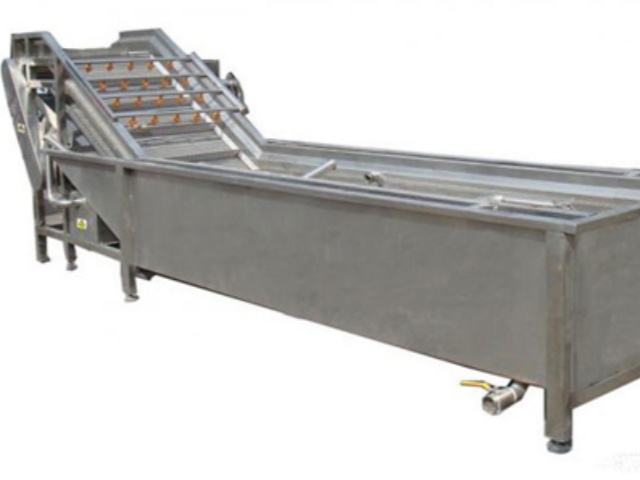
There are several common types of fruit washing machines available on the market:
Mesh Belt Bubble Washers: These machines use water bubbles to agitate and gently clean the produce. They are suitable for delicate items like berries or leafy vegetables.
Brush and Spray Washers: Equipped with rotating brushes and high-pressure sprays, these machines are excellent for cleaning harder produce like apples, cucumbers, or carrots.
High-Pressure Surfing Washers: Ideal for robust produce that can withstand stronger water currents, these machines use powerful sprays to remove dirt and contaminants.
Ultrasonic Cleaners: These utilize sound waves to create microscopic bubbles that help dislodge dirt and bacteria. They are typically used for very sensitive produce or specialized items like herbs.
Choosing the right machine depends on understanding the fragility of the produce, the type of contaminants to remove, and the desired cleaning result. Sometimes, a combination of washing methods is necessary if your facility processes multiple types of fruits and vegetables.
Multifunctionality and Efficiency
In industrial processing, efficiency is everything. The more functions a machine can integrate into a single process, the more time, energy, and labor you save. Modern fruit washing machines are not limited to just cleaning; many incorporate additional functions such as scouring, spraying, rinsing, and even conveying the cleaned produce to the next stage of production.
For example, some advanced models can:
Remove debris using bubble agitation.
Thoroughly rinse with adjustable water sprays.
Brush surfaces to remove stubborn contaminants.
Elevate cleaned produce to drying or packaging sections.
A multifunctional machine reduces the need for multiple equipment setups, which means fewer maintenance points and lower overall energy consumption. In addition, it reduces water usage, which is increasingly important as companies strive for sustainability.
Versatility for Wide Applications
A versatile fruit washing machine can handle more than just fruits. With the increasing demand for diverse processed foods, it’s beneficial to have equipment that can clean root vegetables, mushrooms, leafy greens, and even specialty products like Chinese medicinal herbs. Many manufacturers design machines with adjustable features so that they can adapt to different product types.
Look for these features when evaluating versatility:
Adjustable operation speeds and washing times: Allows customization depending on whether you are cleaning firm potatoes or fragile strawberries.
Customizable cleaning settings: Options for water temperature, spray pressure, and brush hardness.
Expandable capacity: Ability to scale production if demand grows.
Some manufacturers also offer tailor-made solutions to suit specific customer needs, which can be a significant advantage if your production line deals with niche or delicate produce.
Material Quality and Hygiene Standards
Since these machines are used in food production, the materials they are made from are critical. All components that come into contact with produce must meet strict food safety standards. Typically, high-quality fruit washing machines are constructed from food-grade stainless steel, which offers several benefits:
Resistant to rust and corrosion.
Easy to clean and sanitize.
Durable for long-term use in a wet processing environment.
When evaluating machines, ensure that essential parts like water tanks, conveyor belts, frames, shields, and spray components are made of high-grade stainless steel. This not only ensures hygiene but also minimizes maintenance costs and prolongs the machine’s lifespan.
Protecting the Integrity of the Fruits
One major challenge in industrial washing is preventing damage to delicate fruits. Aggressive brushes, high-pressure sprays, or sharp machine parts can bruise, scratch, or even crush certain items. A well-designed fruit washing machine takes this into account by incorporating features such as:
Soft brushes or cushioned belts to reduce pressure on delicate skins.
Adjustable spray nozzles to control water force.
Scientific designs that reduce unnecessary contact or abrasion.
Minimizing damage is not just about aesthetics; it also prevents premature spoilage and reduces waste. Fresh-looking produce appeals more to consumers and enhances the reputation of the brand.
Supplier Reliability and After-Sales Support
The best machine is only as good as the support behind it. Investing in a fruit washing machine is a significant decision, and having a reliable supplier can make a big difference. Choose suppliers with a proven track record in food machinery manufacturing and a reputation for quality.
When evaluating suppliers, consider:
Experience and expertise: Look for companies that specialize in fruit and vegetable processing equipment.
Technical support: Ensure they offer installation guidance, operator training, and maintenance tips.
After-sales service: Spare parts availability, timely repairs, and responsive customer support are critical.
Warranty and service agreements: These provide peace of mind and protect your investment.
A supplier who partners with you for the long term can offer valuable insights into optimizing your processing line, suggest upgrades when needed, and help troubleshoot unexpected challenges.
Final Thoughts
Selecting the right fruit washing machine is not just about purchasing equipment; it’s about investing in efficiency, safety, and product quality. The ideal machine for your facility will depend on your production scale, types of produce, and desired outcomes. By considering factors such as product suitability, multifunctionality, versatility, material quality, gentle handling, and supplier reliability, you can ensure that your investment pays off for years to come.
In an industry where cleanliness and quality are paramount, the right washing machine is a cornerstone of success. Whether you are a small processor just starting out or a large-scale manufacturer aiming to improve your line, understanding these selection criteria will help you make an informed choice and achieve consistent, safe, and appealing products for the market.

